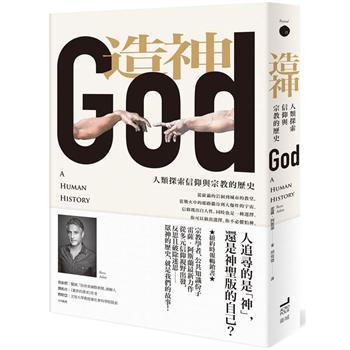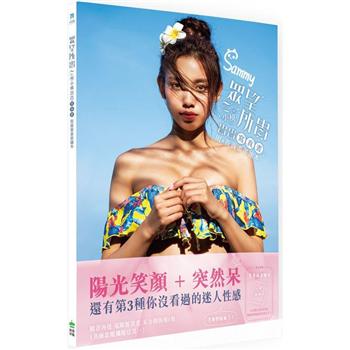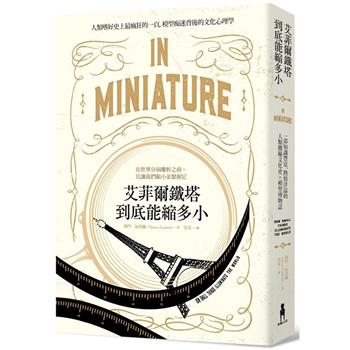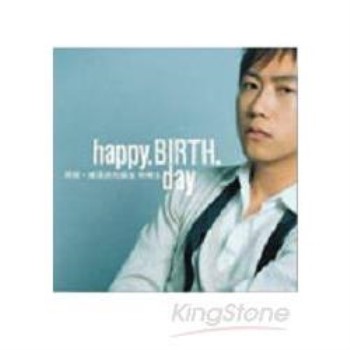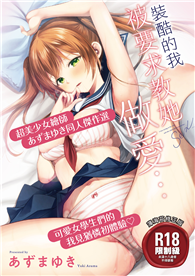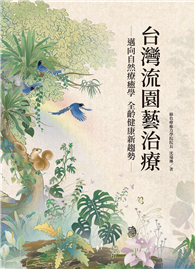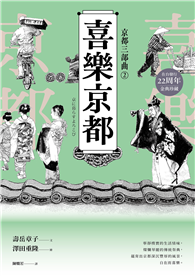| FindBook |
|
有 1 項符合
Literary Universe in Three Parts: Language - Fiction - Experience的圖書 |
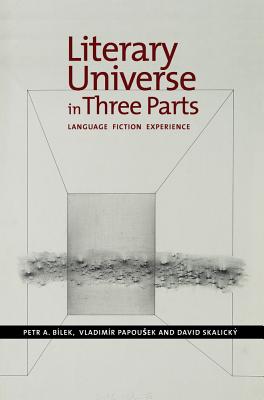 |
$ 7800 | Literary Universe in Three Parts: Language - Fiction - Experience
作者:Bilek 出版社:Sussex Academic Pr 出版日期:2022-08-12 語言:英文 規格:精裝 / 15.2 x 22.9 x 1.9 cm / 普通級/ 譯本  看圖書介紹 看圖書介紹
|
|
|
圖書介紹 - 資料來源:博客來 評分:
圖書名稱:Literary Universe in Three Parts: Language - Fiction - Experience
內容簡介
For decades, the Prague School of Structuralism assumption of textual autonomy dominated the explorations of Czech literature, as well as the context of Czech literary theory. The three authors of this book combined their efforts to move beyond and offer a new conceptual frame. Sharing the structuralist proposition of texts made from words, they focus on the metamorphoses of the modes of representations through 20th century fiction and its critical reflections. Switching between theoretical considerations and case study interpretations, the included essays challenge the notion of autonomous fictional worlds, and involve the pragmatic categories of the constructed image of a writer and the aesthetic experience of a reader. The focus on representational status of literary texts combines here with another conceptual frame-the performative aspect. The literary texts do not function as mere documents that preserve the traces of existing reality, but as objects that construct what their readers conceive as parts of existing reality. Instead of a depository of meanings, literature is thus perceived as a permanent process of negotiations that uses the institutional power of canonisation, ritualisation, or tabooisation. Drawing on contemporary international theory of literature and aesthetics (Searle, Rorty, Davidson, Iser, Greenblatt, White), the authors try to conflate semiotic analyses of textual meanings with the pragmatic notions of historical and readership contexts. The book chooses the productive texts of Czech literature, occasionally combined with other items of Czech culture (arts, films, TV production), and brings them into comparison with the international context. [Subject: Czech Studies, Bohemistics, Literary Theory, Sociology]
|

